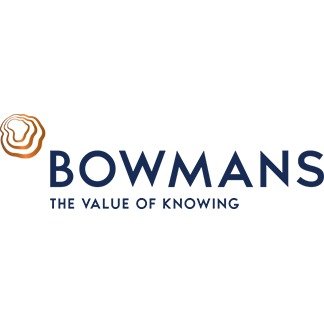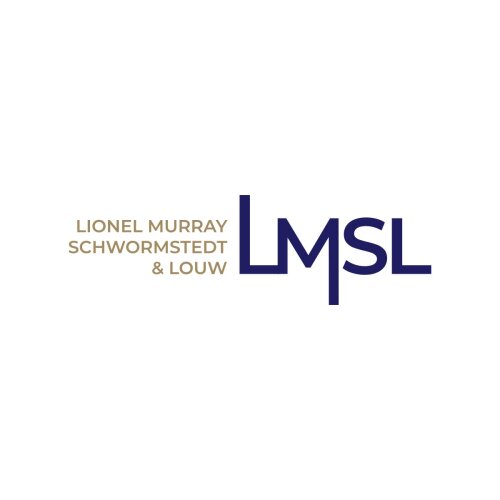Best Merger & Acquisition Lawyers in Cape Town
Share your needs with us, get contacted by law firms.
Free. Takes 2 min.
List of the best lawyers in Cape Town, South Africa
About Merger & Acquisition Law in Cape Town, South Africa
Merger and Acquisition (M&A) law entails managing, administrating, and guiding companies through the process of combining, buying, or selling different businesses. In Cape Town, South Africa, this area of law is governed by the Companies Act of 2008. This law prescribes a strict legal procedure for M&A transactions including compulsory disclosure requirements, obtaining necessary approvals, and facilitating public announcements. The South African Competition Commission also has a significant role in regulating M&As to prevent anti-competitiveness and monopolies. This complex field requires understanding of commercial, corporate, tax, IP, and securities laws.
Why You May Need a Lawyer
Given the complexity and potential impacts of M&A transactions on business fortunes, having a professional lawyer at hand is imperative. They can assist with performing due diligence, structuring the deal, making sure the transaction complies with all legal regulations, and negotiating terms. Errors or omissions can lead to financial losses, regulatory issues, and litigation, which makes legal assistance a non-negotiable aspect for those engaged in such transactions.
Local Laws Overview
The Companies Act 2008 and Competition Act 1998 are the key laws dictating M&A activities. These require company directors to act in good faith and in the best interest of the company. There are strict regulations related to disclosure, insider trading, and fair representation. The Competition Act ensures the prevention of an anti-competitive market and protection of small businesses. Unregulated M&As can be declared void. Complying with these laws may require intricate understanding and get complex, necessitating an M&A lawyer.
Frequently Asked Questions
What role does the Competition Commission play in M&A?
The Competition Commission reviews M&A transactions to prevent and regulate anti-competitive conduct, decisions, and structures in the market. It has the power to approve, modify, or prohibit a transaction.
What transactions are subject to M&A regulations?
All M&A transactions involving South African companies are subject to regulations, regardless of whether the transaction is domestic or cross-border.
What are the penalties for non-compliance with M&A regulations?
Non-compliance can lead to the nullification of the transaction, financial penalties, and civil claims from aggrieved parties.
Does a small business need an M&A lawyer?
No matter the size of the business, an M&A lawyer is essential to understand terms, ensure compliance, and protect your interests.
How long does the M&A process take?
The duration varies significantly per case; it can range from a few months to several years, depending on the nature and complexity of the business and transaction.
Additional Resources
The Companies and Intellectual Properties Commission (CIPC) manages corporate governance regulations and is a good resource. Other bodies include the South African Restructuring and Insolvency Practitioners Association (SARIPA) and the South African Law Reform Commission (SALRC).
Next Steps
If you require legal assistance in an M&A transaction, begin by approaching a reputable M&A lawyer or law firm in Cape Town, South Africa. It's imperative that your lawyer has local knowledge, a strong track record in M&A, and a deep understanding of the relevant laws. Upon engagement, they can help clarify the process, your requirements, and potentially devise a suitable strategy.
Lawzana helps you find the best lawyers and law firms in Cape Town through a curated and pre-screened list of qualified legal professionals. Our platform offers rankings and detailed profiles of attorneys and law firms, allowing you to compare based on practice areas, including Merger & Acquisition, experience, and client feedback.
Each profile includes a description of the firm's areas of practice, client reviews, team members and partners, year of establishment, spoken languages, office locations, contact information, social media presence, and any published articles or resources. Most firms on our platform speak English and are experienced in both local and international legal matters.
Get a quote from top-rated law firms in Cape Town, South Africa — quickly, securely, and without unnecessary hassle.
Disclaimer:
The information provided on this page is for general informational purposes only and does not constitute legal advice. While we strive to ensure the accuracy and relevance of the content, legal information may change over time, and interpretations of the law can vary. You should always consult with a qualified legal professional for advice specific to your situation.
We disclaim all liability for actions taken or not taken based on the content of this page. If you believe any information is incorrect or outdated, please contact us, and we will review and update it where appropriate.
















